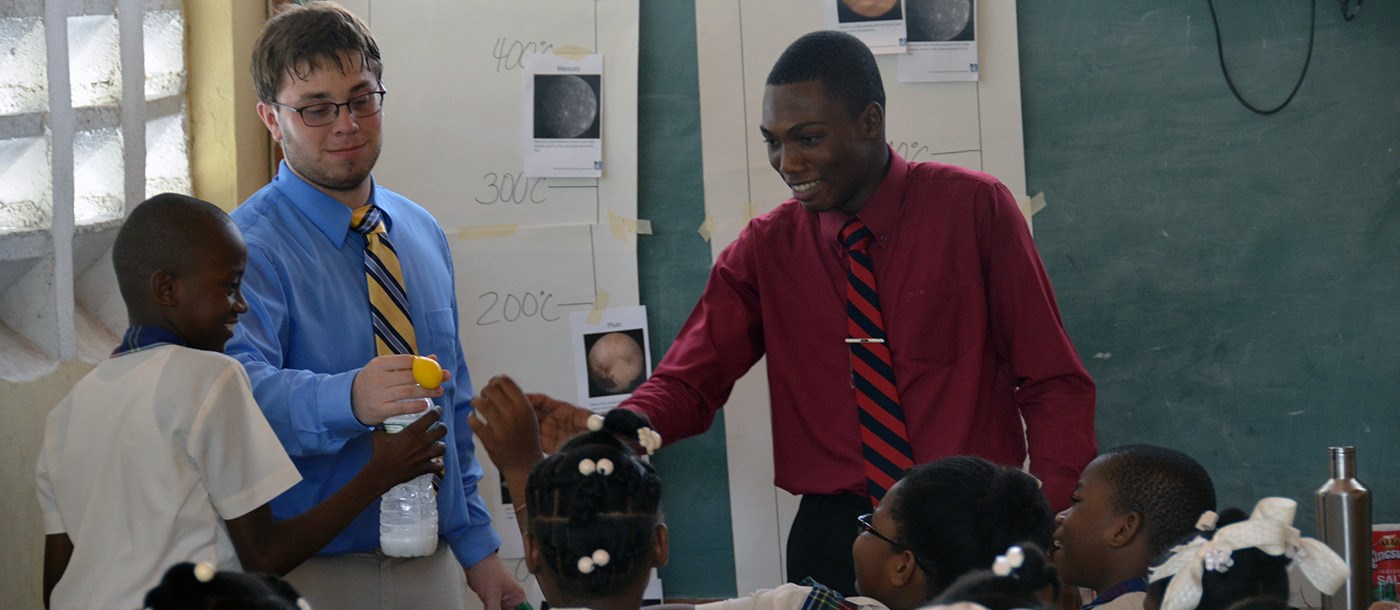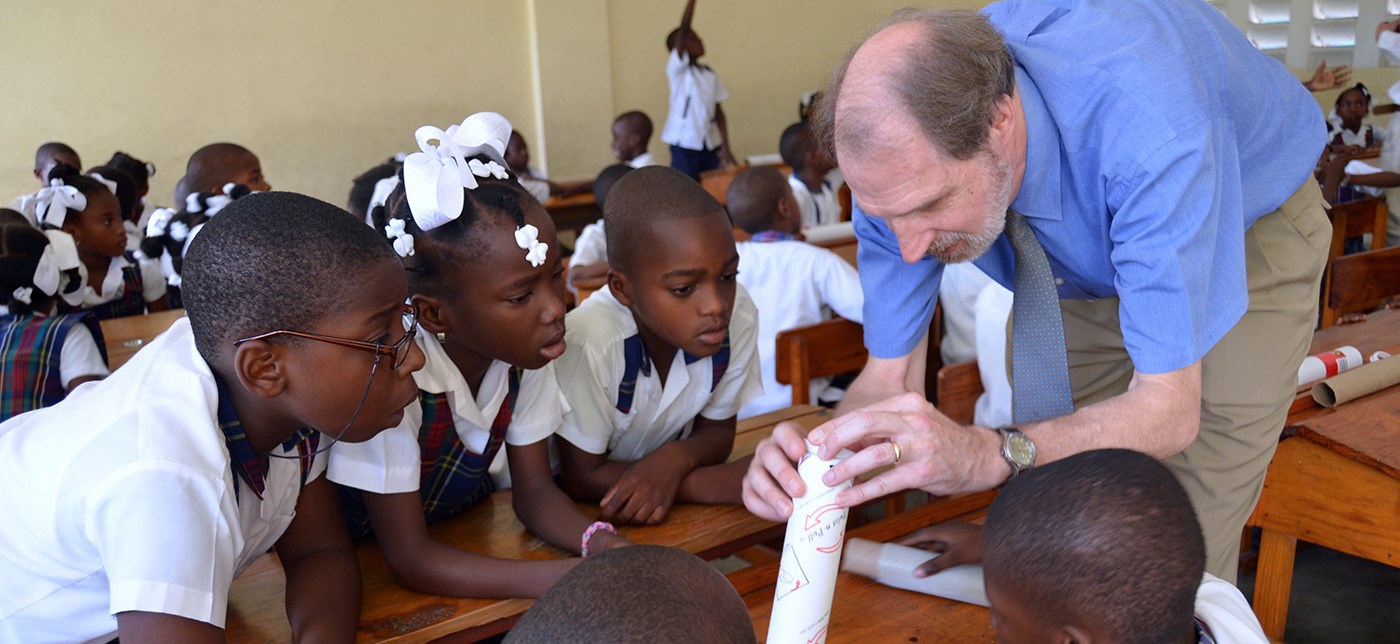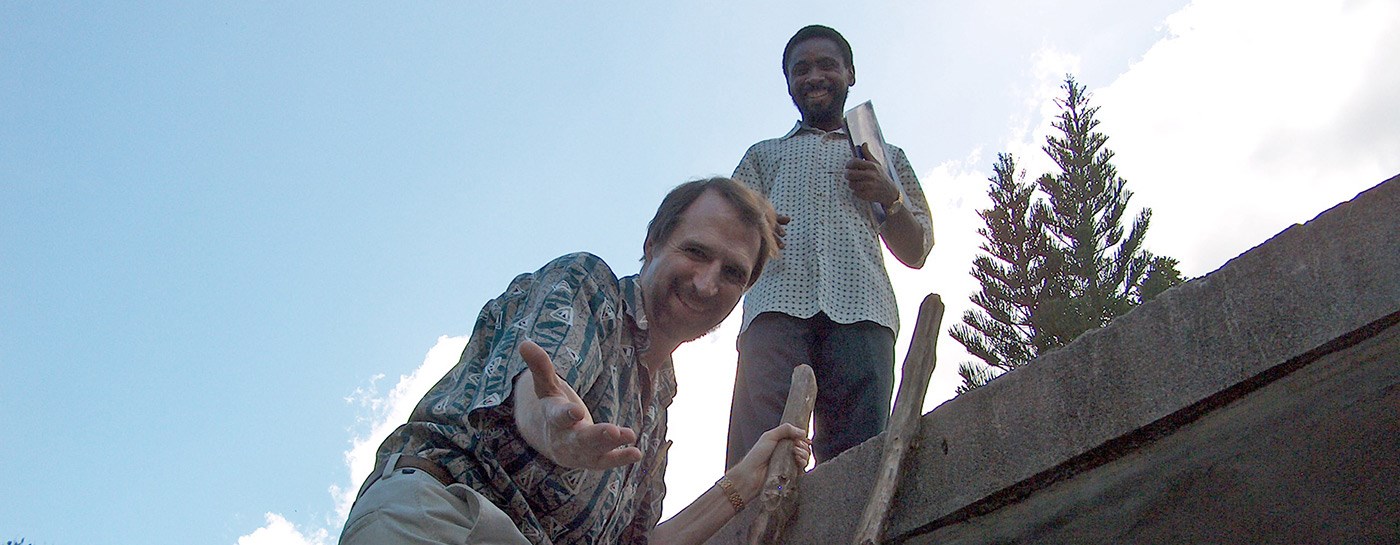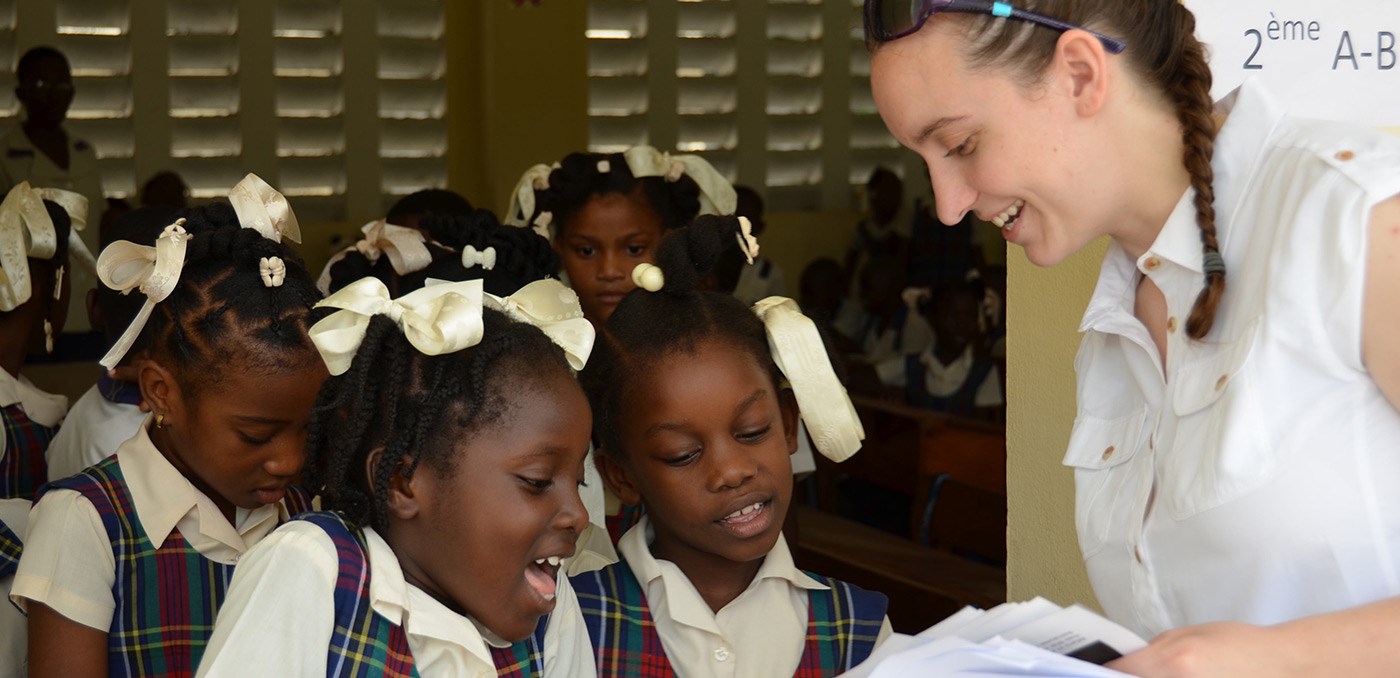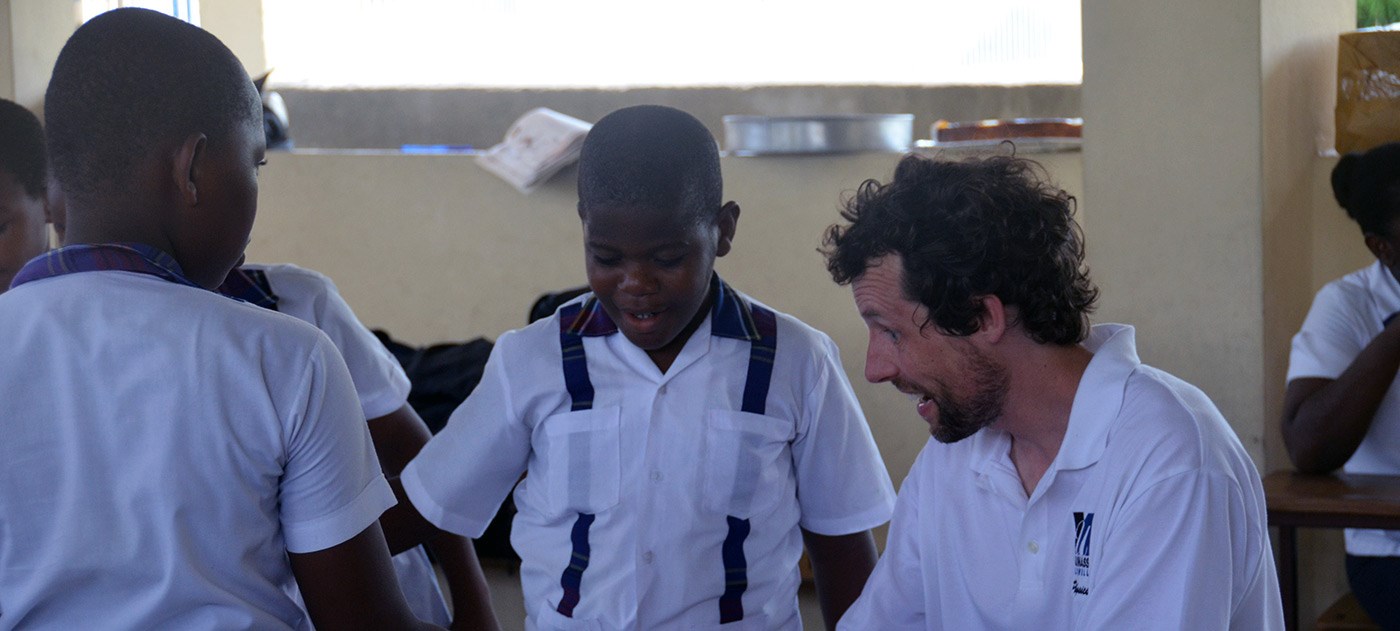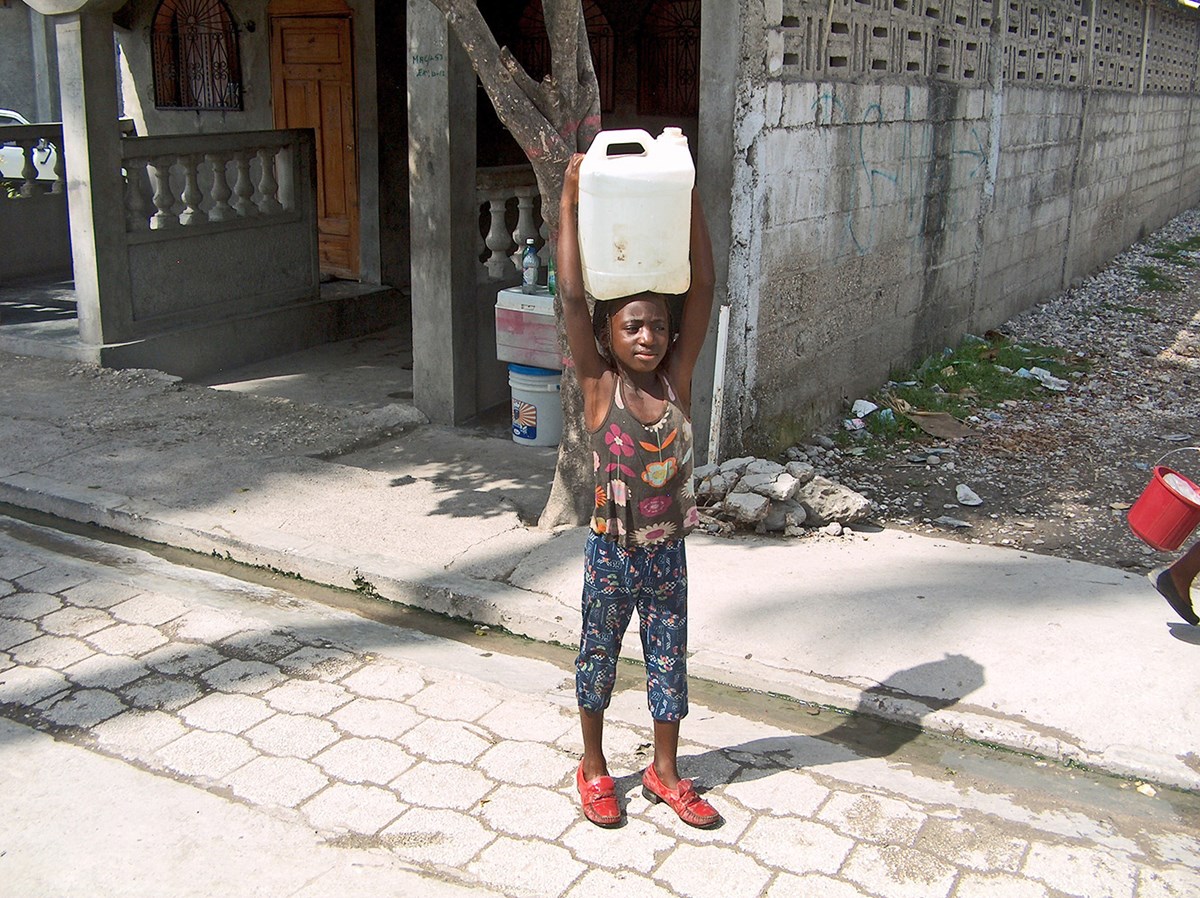
Mission
To engage science and engineering faculty and students in philanthropic research focused on solving life-threatening issues faced by citizens in impoverished countries.
"As a student and as a professor, the opportunities to follow are limitless. A place where research is a pathway to critical change."
- Prof. Robert Giles, HDSC Director
Research and Study Abroad
The Honors Development Studies Center (HDSC) at UMass Lowell now extends its impact beyond the Caribbean to include research and study abroad programs in Ghana, through the Honors seminar courses, Energy and the Developing World and Science and Technology in the Impoverished World. These courses allow students to explore issues of energy, water, food, and regional cooperation, engaging directly with Ghanaian faculty, students, and communities. These cross-continental collaborations offer hands-on experience in sustainable development while fostering mutual learning and cultural exchange.
Read about how UMass Lowell faculty and students are researching biodigester solutions to Haiti’s sanitation issues.

